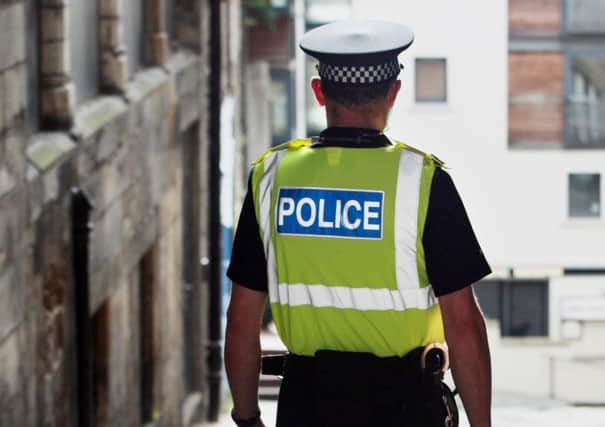Warning over Royal Mail email scam that downloads virus on to victim’s computers


Northamptonshire Police has received a number of reports from victims of a scam after receiving an email claiming to be from Royal Mail, stating that they are holding a parcel/letter for the victim.
The victim is then required to contact Royal Mail to arrange for the item to be resent or collected.
Advertisement
Hide AdAdvertisement
Hide AdAttached to the email is the CryptoLocker virus and, if the victim follows the instructions within the email, the virus is downloaded to their computer. This virus encrypts files on the system and requests a ransom be paid in order for the files to be decrypted.
Additional incentive is added for early repayment as the ransomware states that the cost of decrypting the files will increase the longer the fine is outstanding.
Two of the addresses that scam emails are currently being sent from are ‘[email protected]’ and ‘[email protected]’.
Crime Prevention Team Leader Paul Golley said: “There are a number of these types of scams in circulation and we would urge people to be mindful of this when receiving and opening emails.
Advertisement
Hide AdAdvertisement
Hide Ad“Fraudsters often use fake addresses purporting to be from official organisations such as Royal Mail, banks and building societies, and if people open them and follow the links within the email, viruses can be downloaded, damaging their computer and putting their online security at risk.”
“If you are suspicious of any email you receive, delete and report it as spam. If you are unsure whether an email is genuine or not, check with the organisation that it is claiming to be from before opening it or any attachments within it.”
Police advice to reduce the risk of falling victim to this type of malware include:
• Look at who the email is addressed to. Is it generic or specifically addressed?
Advertisement
Hide AdAdvertisement
Hide Ad• Look at the quality of the images included on the email. Are they of sufficient high quality that they could come from Royal Mail?
• Do not open attachments from unsolicited emails regardless of who they are from.
• Do not click on the link supplied. Instead, go to the relevant website and log in from there.
• Check the address of any email received to see if it appears legitimate.
Advertisement
Hide AdAdvertisement
Hide Ad• Remember, your bank will never ask you to give your PIN either by email or over the phone.
More online security advice and information about the scams can be found on the Royal Mail website at:
http://www.royalmail.com/personal/help-and-support/I-think-Ive-had-an-email-from-a-company-pretending-to-be-royal-mail
If you believe that you have been a victim of fraud you can report it online at: http://www.actionfraud.police.uk/report_fraud or by telephone 0300 123 2040.